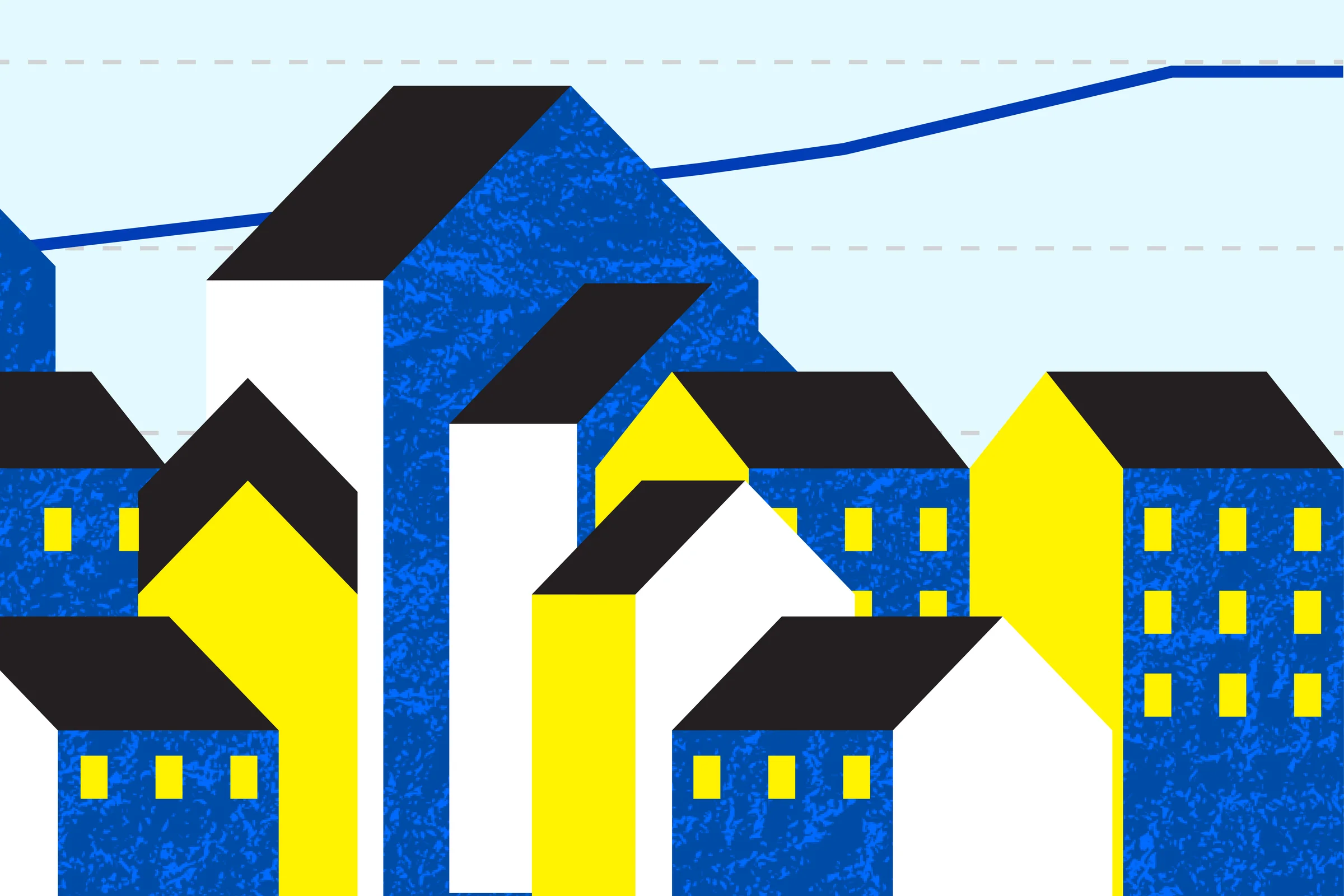AI-Generated Summary
Learn moreContext of the Housing Crisis in Europe
The housing crisis in Europe has become a pressing issue, particularly as rising housing prices and rents significantly affect many citizens. This report was published by the European Parliament Research Service, aiming to inform the public about the current state of housing affordability and the actions being taken by the European Union to address these challenges.
Key Statistics on Housing Affordability
Housing affordability is a critical concern. The housing price-to-income ratio is a vital measure; when housing costs exceed 40% of disposable income, it indicates financial strain for households. As of 2024, 9.8% of households in EU cities and 6.3% in rural areas faced such challenges. In Greece, 29% of urban residents spent over 40% of their income on housing, while only 2.3% of Cypriots did the same. The average percentage of household income spent on housing in Greece was 35.5%, the highest in the EU.
Rising Housing Prices and Rent
Between 2015 and 2024, housing prices across the EU increased by an average of 53%. The most significant price hikes were seen in Hungary (+209.5%), Lithuania (+135%), and Portugal (+124.4%). Renting also became more expensive; from 2010 to early 2025, rental prices rose by an average of 27.8%, with notable increases in Estonia (+220%) and Lithuania (+184%). Conversely, Greece experienced a decrease in rental prices by 11%.
The Housing Shortage
A significant factor contributing to the housing crisis is the limited supply of new homes. The 2008 global financial crisis led to decreased investments in housing, and the COVID-19 pandemic exacerbated the situation, resulting in a more than 20% drop in building permits for residential properties since 2021. This lack of new dwelling construction has driven prices higher.
Living Conditions Across Europe
A Eurobarometer survey from July 2024 indicated that rising prices and the economic situation were major factors influencing citizens' voting in European elections. Over two-thirds of Europeans own their homes, with an average of 1.7 rooms per person across households of about 2.3 individuals. However, 17% of Europeans live in overcrowded conditions, while 33% reside in homes with more space than is considered adequate.
Impact on Young People
Higher housing costs are influencing young people's decisions about moving out of their parental homes. In the EU, the average age for leaving home was 26.2 years in 2024, with significant variations between countries, ranging from 21.4 years in Finland to 31.3 years in Croatia.
EU Actions Addressing the Crisis
In response to the housing crisis, the European Commission appointed its first Commissioner for Energy and Housing, and the European Parliament established a special committee to analyze the root causes and propose solutions for decent, sustainable, and affordable housing. The committee's mandate was initially set for one year and has been extended by an additional six months until July 30, 2026. This comprehensive overview highlights the urgency of addressing the housing crisis in Europe and the multifaceted approaches being undertaken by the EU to ensure that housing remains accessible and sustainable for all citizens.
